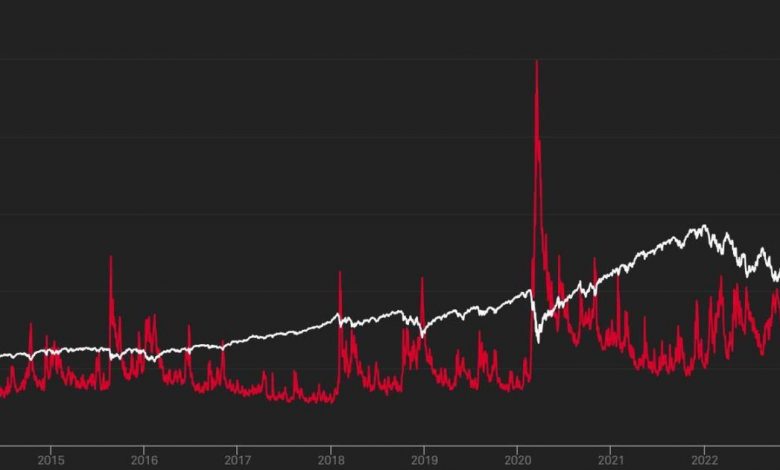The Role of Market Sentiment in Trading on VEGA Swiss Block ATS

Understanding the Role of Market Sentiment in Trading on VEGA Swiss Block ATS
What is Market Sentiment?
Market sentiment refers to the overall attitude or sentiment of traders and investors towards a particular financial market or asset. It is determined by evaluating various factors such as economic conditions, geopolitical events, and news sentiment. Market sentiment can be categorized as bullish (positive) or bearish (negative) and plays a crucial role in shaping investment decisions.
The Impact of Market Sentiment on Trading
Market sentiment has a significant influence on trading activities, especially on VEGA Swiss Block ATS, which is an advanced alternative trading system for Swiss securities. The following points highlight the role of market sentiment in trading:
1. Price Movements
Market sentiment affects price movements and volatility in the market. When investors and traders are optimistic and have a positive market sentiment, it often leads to increased buying activity, pushing prices higher. Conversely, a negative sentiment can result in selling pressure and lower prices.
2. Decision Making
Market sentiment can influence traders’ decision-making processes. Positive sentiment can encourage traders to enter the market, while negative sentiment might prompt them to stay on the sidelines or exit their positions. Understanding market sentiment helps traders align their strategies with the overall market sentiment to improve their chances of success.
3. Risk Management
Market sentiment plays a crucial role in risk management. By monitoring market sentiment, traders can assess the potential risks associated with their positions. For example, if the market sentiment is bearish, traders may consider implementing risk management strategies such as setting stop-loss orders to limit potential losses.
Frequently Asked Questions (FAQs)
1. How can traders gauge market sentiment?
Traders can gauge market sentiment through various methods, including:
– Monitoring news and social media platforms for market-related updates and discussions.
– Analyzing technical indicators and oscillators to identify overbought or oversold conditions.
– Assessing investor surveys and sentiment indices that measure market participants’ opinions and expectations.
2. How often does market sentiment change?
Market sentiment can change frequently, sometimes even within a single trading session. It is influenced by various factors such as economic data releases, geopolitical events, and unexpected news. Traders need to stay updated and adapt their strategies accordingly to navigate the ever-changing market sentiment.
3. Can market sentiment alone guarantee successful trades?
While market sentiment is an essential factor to consider, it alone cannot guarantee successful trades. Traders need to combine market sentiment analysis with other technical and fundamental indicators to make well-informed trading decisions. It’s crucial to conduct thorough research, use risk management strategies, and have a comprehensive understanding of the underlying assets or markets.
In conclusion, market sentiment plays a vital role in trading on VEGA Swiss Block ATS. By understanding and monitoring market sentiment, traders can gain valuable insights into potential price movements, make informed decisions, and manage their risk effectively. Keeping a pulse on market sentiment can be a valuable tool in a trader’s arsenal for maximizing profits and minimizing losses.



